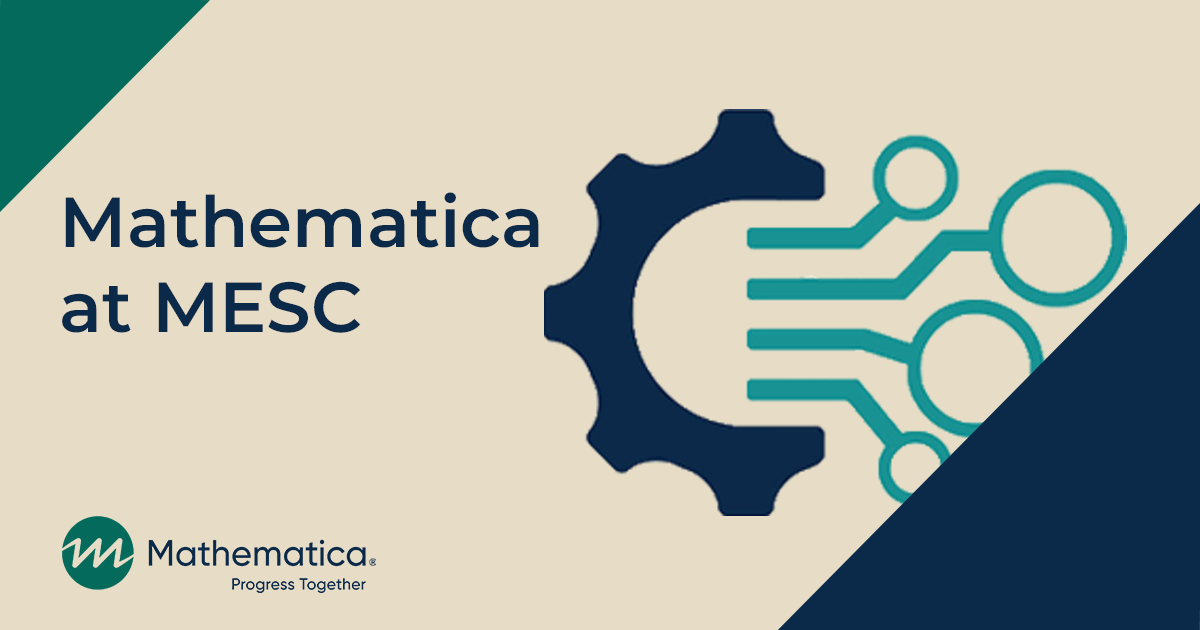The 2022 Medicaid Enterprise Systems Conference (MESC) broke attendance records, as more than 1,600 people in the Medicaid community convened in Charlotte, North Carolina, late this summer. Conversations and presentations throughout the conference boiled down to one thing for states and their partners: data.
Attendees discussed the importance of data in different ways—in terms of the ongoing response to the COVID-19 public health emergency, Medicaid systems transformation, state-provider partnerships, and health equity. Many attendees examined the challenges of and potential strategies for obtaining and integrating diverse types and sources of data.
Mathematica highlighted its efforts in this area through its work with the host state of North Carolina, with whom it has partnered to better understand whether people with disabilities are able to access the full benefit of inclusive communities. North Carolina teamed up with us to deploy a quality assurance and performance improvement system for Transitions to Community Living (TCL), a service of the North Carolina Department of Health and Human Services (NC DHHS). Using our expertise in Medicaid long-term services and supports and our data analytics capabilities, we worked with NC DHHS to create a platform that pulls data from Medicaid, housing, employment, and other community-based service providers and transforms the data into accessible, usable information about TCL.
Our presentation at MESC with members of the NC DHHS team demonstrated the dashboard we implemented to measure results and trends, which clearly showed areas of success and opportunities for improvement, and to help the state with decision making. Although it may be sourced from different systems, other states have the data they need to track beneficiaries access to services today, and a dashboard like this one is within their reach.
Our other sessions and conversations in the exhibit area focused on data quality. Improving the quality of data collected by state agencies goes hand in hand with addressing key issues for all states. States want expertise and tools to help them more actively manage their data and therefore improve care, promote health, address program integrity, and reduce costs. Data quality also helps as states emphasize social determinants of health. Having good data allows for clearer decisions when determining the needs of Medicaid patients. Some of these needs can be met through state and local long-term care services that already exist, whereas other beneficiary needs might call for expanded services.
Mathematica also shared its expertise in working with data from the Center for Medicaid and CHIP Services, with presentations from Carol Irvin on how to use data to understand health equity. Advancing health equity is a strategic priority for CMCS, and the center understands that it cannot fix what it doesn’t know. For example, detecting and addressing racial and ethnic health disparities isn’t possible without complete and reliable race/ethnicity data. Mathematica is helping to improve these data in the Transformed Medicaid Statistical Information System (T-MSIS) by monitoring the quality of the information and providing technical assistance to help states improve it. We also help CMCS enhance T-MSIS data by using innovative statistical methods to impute race/ethnicity when these elements are missing. This includes enhancing the data to incorporate community-level indicators from U.S. Census Bureau data, such as the race/ethnicity distribution.
Controlling, owning, understanding, and using data are key regardless of the Medicaid challenge. MESC hammered that point home, and our sessions and discussions provided great insights and opportunities for collaboration. We are looking forward to taking part in the progress made between now and next year’s conference in Denver.




